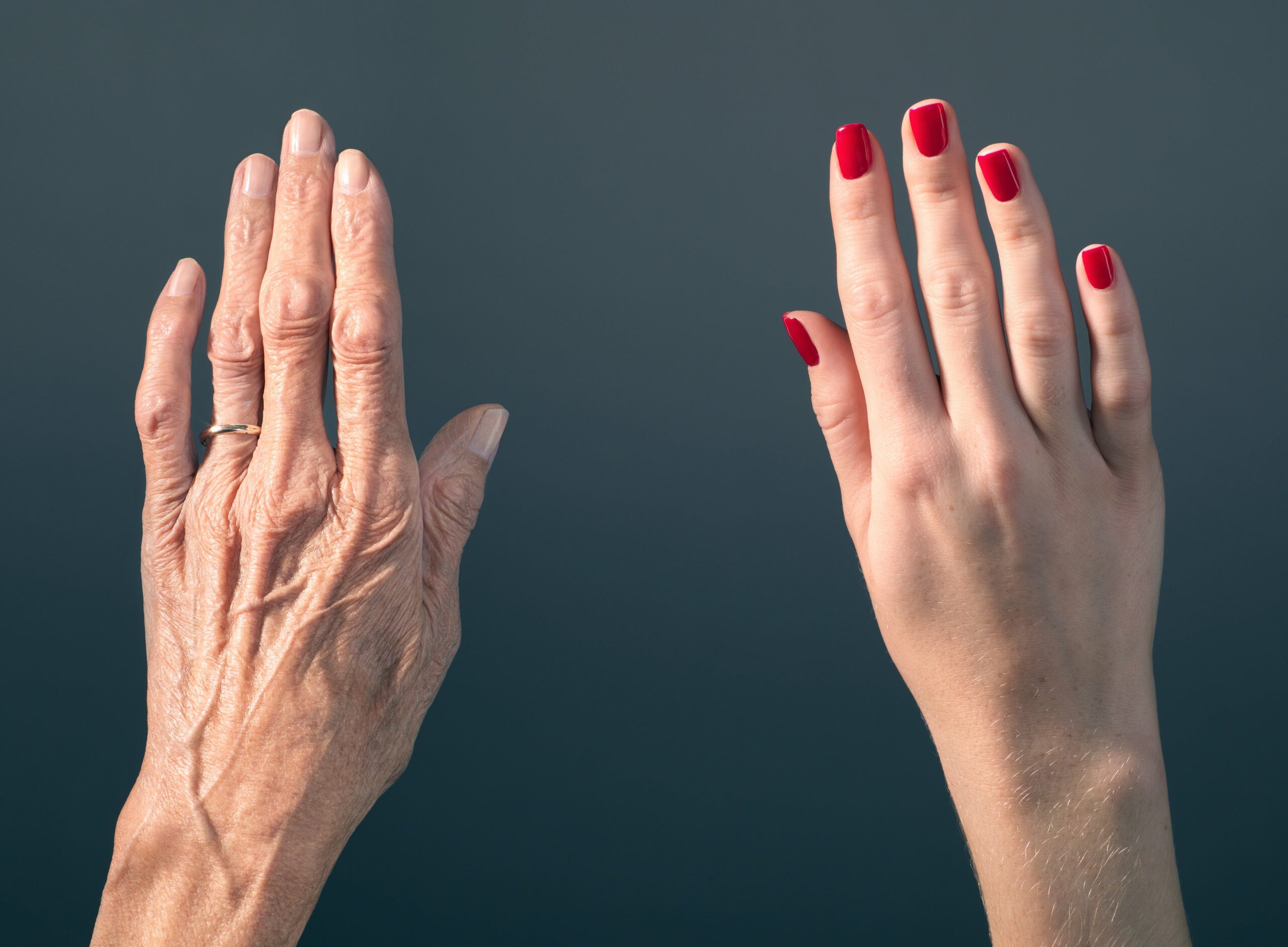How To Slow The Negative Aging In Your Cells
We all age, but do we understand exactly what aging is and how it impacts the body?
Being 68-years-old, I can personally attest to the impacts aging has had on my body. My metabolism has slowed down making it easier to put on extra weight, a battle I am currently fighting. My muscle tone is softer than ever before and I have areas of skin that have the crepe paper texture. My hair is white and thinning. My joints ache and I live in constant pain due to various injuries, arthritis and the general aspects of aging. On many days, I feel like I have the body of an 80-year-old but mentally, I feel much younger than my actual age. The older I get, the weaker my immune system has gotten, making me more susceptible to the many bacterial and virus infections that circulate every year.
These are the normal aspects of aging we are all accustomed to, but they are not the only impacts of aging.
As a degreed biologist, I also understand some of the other impacts of aging that occur at the cellular level. In some areas of our body, certain cells are no longer able to replicate due to aging. A structure in the cell called a telomere plays a vital role in cell reproduction. Over time, the telomeres shorten until they reach a point where they can no longer function and thus the cell dies without being able to replicate itself.
This is only one of many aspects of aging that takes place in the tiniest levels of our bodies.
Researchers have been looking at the many things that impact aging at the cellular level and have been making new discoveries all the time, some of which may eventually lead to slowing down the aging process, such as this new report:
A new study provides the most detailed report to date of the cellular effects of a calorie-restricted diet in rats. While the benefits of caloric restriction have long been known, the new results show how this restriction can protect against aging in cellular pathways.
If you want to reduce levels of inflammation throughout your body, delay the onset of age-related diseases, and live longer, eat less food. That’s the conclusion of a new study by scientists from the US and China that provides the most detailed report to date of the cellular effects of a calorie-restricted diet in rats. While the benefits of caloric restriction have long been known, the new results show how this restriction can protect against aging in cellular pathways, as detailed in Cell on February 27, 2020.
“We already knew that calorie restriction increases life span, but now we’ve shown all the changes that occur at a single-cell level to cause that,” says Juan Carlos Izpisua Belmonte, a senior author of the new paper, professor in Salk’s Gene Expression Laboratory and holder of the Roger Guillemin Chair. “This gives us targets that we may eventually be able to act on with drugs to treat aging in humans.”
Aging is the highest risk factor for many human diseases, including cancer, dementia, diabetes and metabolic syndrome. Caloric restriction has been shown in animal models to be one of the most effective interventions against these age-related diseases. And although researchers know that individual cells undergo many changes as an organism ages, they have not known how caloric restriction might influence these changes…
In other words, if you want to age slower and live longer, then eat fewer calories. This and other studies point out that we should only eat enough calories to maintain our metabolism, but not to eat more than that, as so many of us do.
One way to do this is to use a smaller plate at mealtime and don’t go back for seconds, no matter how healthy the food is. Another way to help is to only cook as much as you need, not as much as you want. How much is that? For meat, a proper portion should easily fit in the palm of your hand. For veggies, try only a cup full instead of a bowl full, and avoid the butter, sauces and dressings. Try eating 4 or 5 small meals instead of 3 larger meals.








Recent Comments